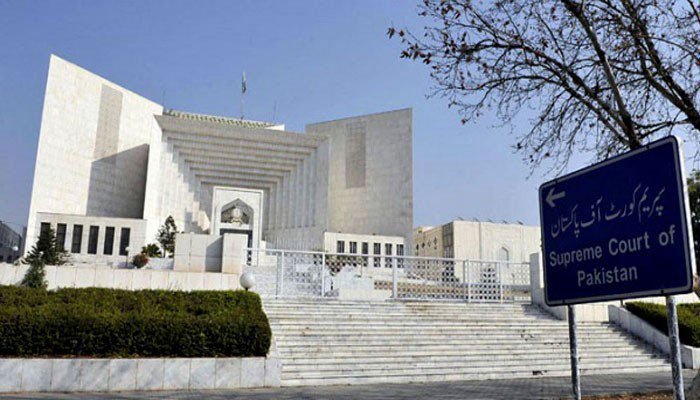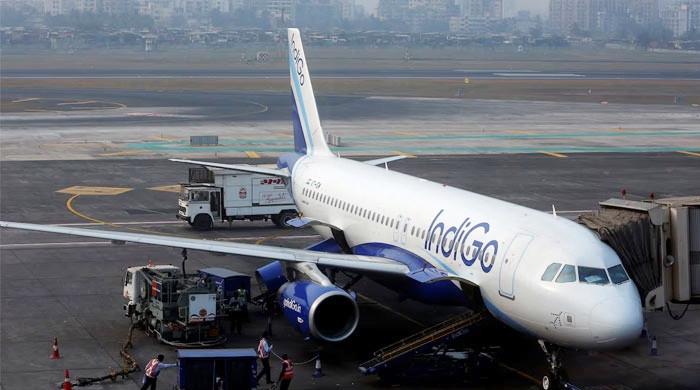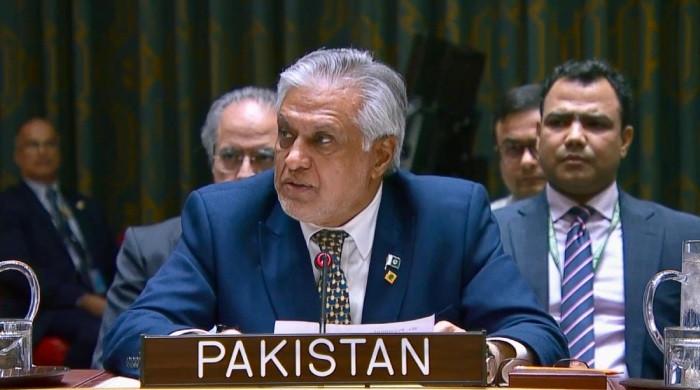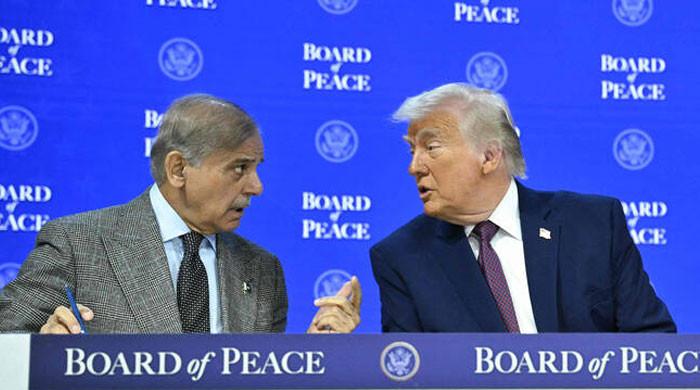Supreme Court directs govt to facilitate disabled persons
SC directs federal and provincial govts to advertise vacant posts falling in the disabled employment quota
July 29, 2020

ISLAMABAD: The Supreme Court has directed the federal and the provincial governments to ensure the fundamental rights to disabled persons in the country were not ignored and ordered them to facilitate them by building ramps and other related facilities for their comfort.
The judgment was announced by a bench headed by Chief Justice Gulzar Ahmad and comprising Justice Ijazul Ahsan and Justice Mazhar Alam Khan Miankhel on a petition filed in the Supreme Court in 2013, seeking enforcement of fundamental rights of the disabled people.
The 11-page verdict which was authored by Justice Ahsan directed the federal and provincial governments to advertise vacant posts falling in the employment quota of the disabled and ensure successful candidates were appointed against regional quotas of the areas they belonged to.
The petition which was filed by members of the Disability Movement in Pakistan through their lawyers Raheel Kamran Shaikh and others had appealed that disabled persons were being denied their fundamental rights guaranteed by the Constitution.
The verdict directed “all development authorities to ensure enforcement of quota in allotment of residential plots and houses as provided under relevant laws.”
It added that the federal, provincial governments and the development authorities should ensure the Accessibility Code 2006, while the road transport authorities should ensure that public transport and railways were made accessible for the disabled.
The verdict also asked Pakistan Railways to build proper ramps at railways stations, accessible toilets at bus terminals, motorways and highways. They were also told to construct ramps and ensure safe and reliable facilities for disabled people to board buses and trains.
Furthermore, the federal and provincial governments have been directed to make arrangements for accessible parking, washrooms and ramps at parks, malls and other public places.
Justice Ahsan also observed that there was a lack of coordination and cooperation between the Centre and the provinces in the implementation of laws related to the welfare of the handicapped. He said in the post-18th Constitutional Amendment scenario, population planning, social welfare and mental illness were devolved to provinces.
“The Punjab and Khyber Pakhtunkhwa had made some headway in legislation, but Sindh and Balochistan were still working on the requisite law,” the judgment said. He asked the relevant governments to follow and implement the laws concerning their rehabilitation and employment.
He noted that “no reliable data was available on the incidence of disabilities in the country.”
The top court also ordered the Pakistan Bureau of Statistics to periodically update accurate figures and statistics regarding handicapped persons in the country. The judgment also directed the federal and provincial governments, PEMRA, PTV and the Pakistan Broadcasting Association to create awareness by broadcasting public service programmes and messages.











